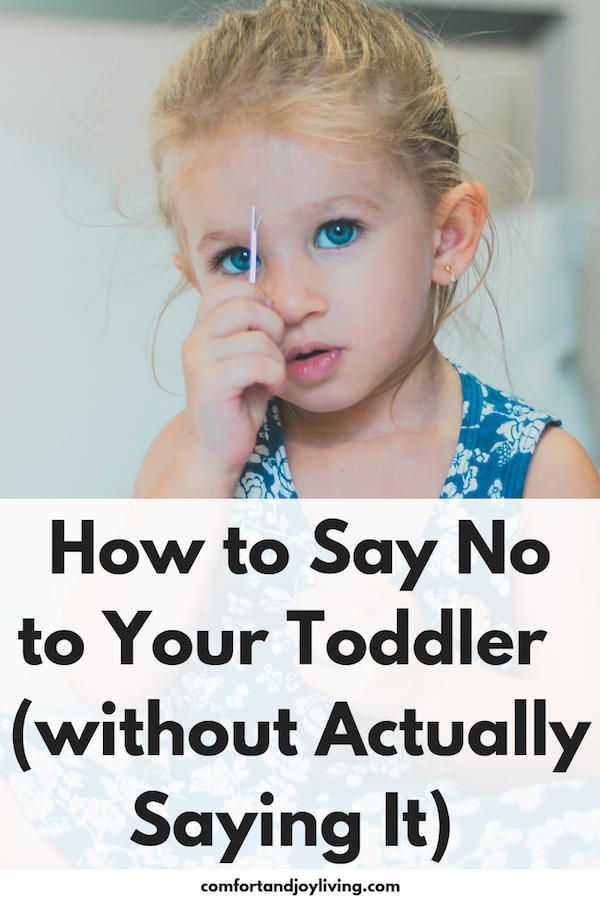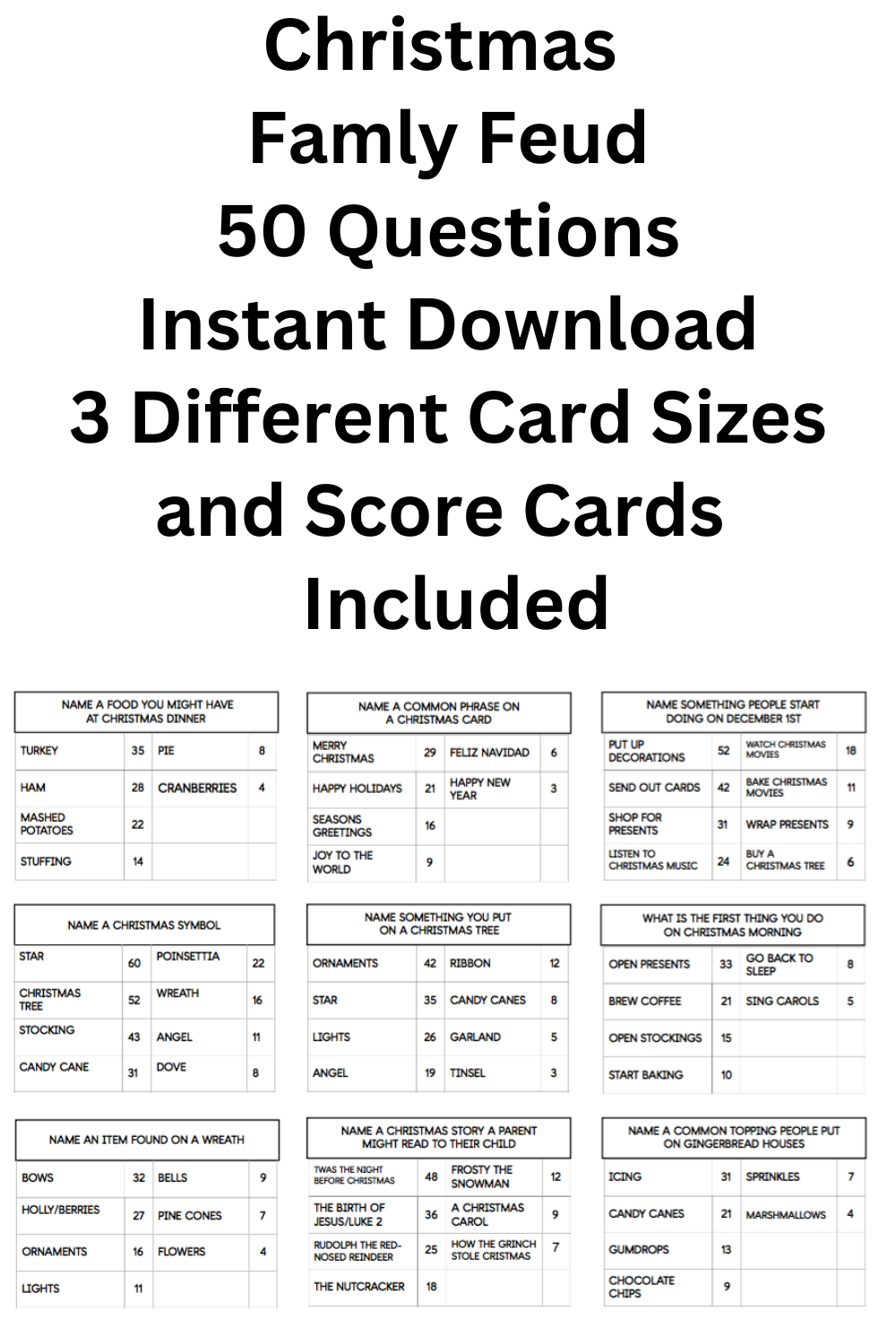Monthly and Weekend Events for Kids and Families:
Atlanta Boston Chicago Houston Los Angeles
New York City Philadelphia San Francisco Washington DC
HOME RECIPES DIY HOME KIDS CRAFTS
AMAZON DEALS WORK AT HOME JOB BOARD
I found this amazing Early Black Friday Deal: 3 Months of Audible Premium Plus For Just $3.
Through Dec. 16, score an early Black Friday deal on a 3-month Audible Premium Plus membership for just $0.99 per month.
Prime members only / New Audible members only
Auto-renews at $14.95 a month after 3 months. Cancel anytime. Offer ends December 16, 2025.
How to Say No to Your Toddler
(without Actually Saying It)
Parenting a toddler is absolutely amazing at times and completely frustrating at other times. When a child becomes a toddler, they develop a mind of their own and try to figure out the world they’re living in, test boundaries and do what they want to do most of the time.
Parenting and disciplining a child can be exhausting and you may feel like all you’re ever saying to your child is “no.” Luckily, there are other ways to say “no” to your child without actually using the word. Not only is it better for both you and your child to not use and hear the word constantly, but with these ways, your child will feel more understood, validated and will feel like they have other choices than just being shot down all the time with a “No!”
Affirm with a yes.
Instead of automatically saying no, affirm their feelings by saying something like "I know you don’t want to leave the playground. I wish you could stay too, since we’re having so much fun. I understand." Saying things like this will let your child know that you where they're coming from. Let your child understand that you know that they are mad and they may even have good reason to be.
Make a compromise.
When your child really wants something but you don’t want them to have it at that moment, tell them that they can have it, but it has to wait for another time. For example, if your child wants a cookie right before dinner, say something like, If you want a cookie, you can have it after you’ve eaten your dinner. If you compromise with your child and still let them get what they want, it will help to calm them down a bit and realize they can still have their way.
Help them feel understood.
You can easily show them that you understand them by repeating back to them how they feel. For example, if your toddler wants to stay up, say something like “I know you really want to stay up late and you’re upset that you can’t.” By saying that they are angry and upset will help them feel better because they’ll know that they got their point across and their crying wasn’t in vain.
Be nice and tactful with what you say.
I have noticed a few ways that help discipline my child better than others. One of those ways is to be nicer instead of being mean and overbearing. Whenever I yelled at my children out of frustration, or become dominant over them, they would become defiant. I changed my approach to be nicer and since I was calmer in my approach, it helped my kids to calm down too. or example, instead of saying, “Stop running down the stairs right now,” in a strong, dominant, and almost yelling voice, I would say something like, Sweetie, can you walk down the stairs instead of running down them?” When I approach them in a nice, friendly manner I notice that they respond a lot better.
Explain why they can’t do something.
There are many times we don’t explain to our children why they can’t do something. That can be quite frustrating for them. When your child really wants something and you tell them no without explaining why, that can upset them because it they don’t understand why. Since they are so young and there is so much that is new to them, there’s still a lot that they don’t understand, we have to help them understand. For example, instead of saying “You can’t have anymore cookies.”
Use a distraction.
One of the best strategies in changing your child’s focus from a situation is to offer them a distraction. If your child really wants to stay up past their bedtime, you can offer them a new book and say something like, “But I have a new bedtime book to read to you. It’s a really fun story and I’m excited to read it. Would you read it with me? Offer your child something else to get excited about so they'll change from being frustrated about not getting what they want to getting excited about doing something else.
Offer other options.
Sometimes when a child wants something, it may not be that one thing they really want in particular. He may just be bored, tired or hungry. Instead of saying “No, you can’t have a cookie.” say, “Yes, you can have a cookie after dinner. Right now, lets have a better snack. You can have an apple, banana or yogurt. Which one would you like?” Instead of completely turning down the idea of eating something, give them options so they can have a cookie later and eat something now if they’re hungry but has something healthy.
Give them a choice.
A great way to make a child feel like they are in charge of their decisions is to give them choices where it becomes their decision on what they do, and not yours. For example, instead of saying, “No, you can’t throw the ball inside,” say, “You can roll the ball in the house OR you can go outside and throw it around. Which one do you want to do?” That way, they feel like they have control over their decision.
Hello, I’m Kelly and a regular contributor on this blog. I live in Pennsylvania with my loving husband and our five beautiful children. I have a background in early childhood education, but I am currently homeschooling my kids. From pregnancy to postpartum to toddler life, I love sharing advice with other moms who are having a challenging time with this crazy but wonderful role of motherhood.
LEAVE A REPLY
Your email address will not be published.

